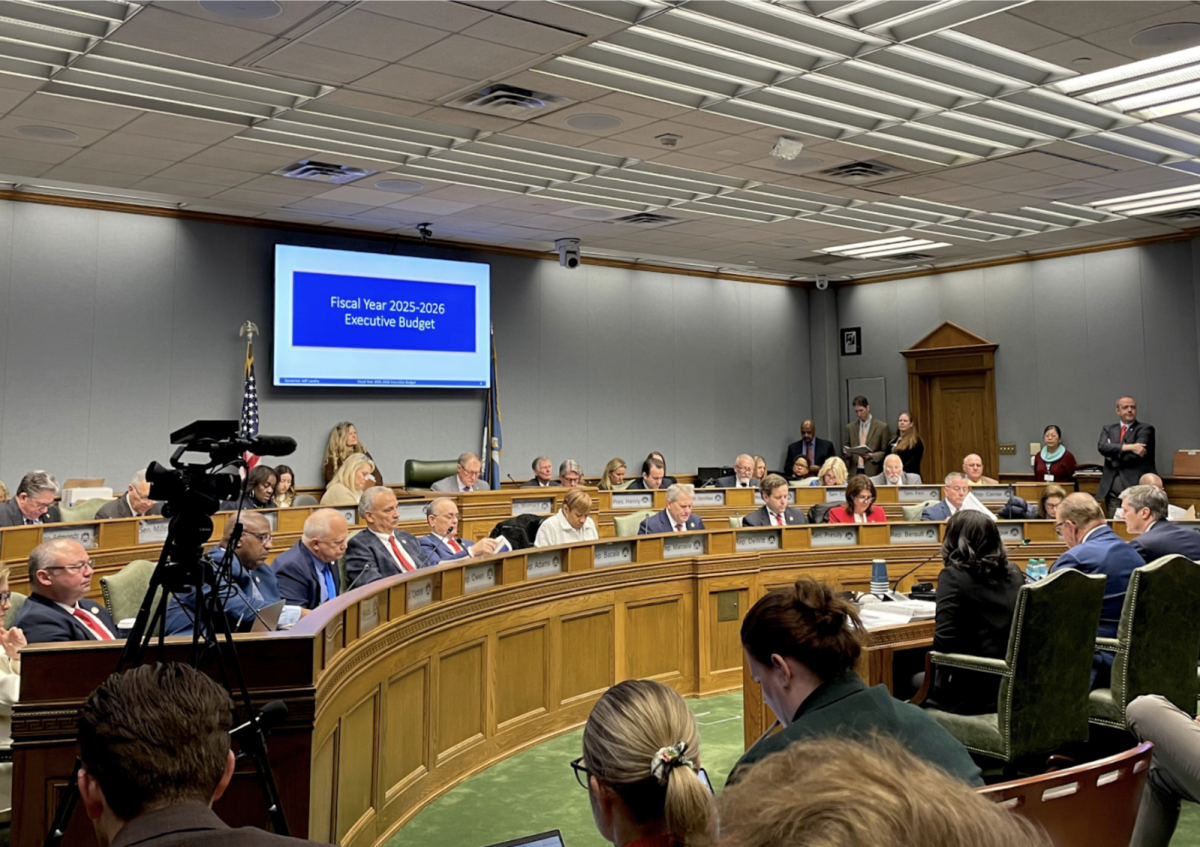The new Commissioner of Higher Education, Joseph Rallo, will have an annual salary of $350,000, and his contract extends until Dec. 31, 2017.
Rallo is not set to take up duties as commissioner until January.
He will serve as the lead coordinator for Louisiana’s four higher education systems, University of Louisiana, Southern University, LSU and Louisiana Community and Technical College systems.
The Board selected Rallo as commissioner from three finalists earlier this month. Board member Joseph Wiley reminded the board not to take for granted that it managed to hire a new commissioner without controversy or animosity.
“We selected an imminently qualified candidate. We’ve negotiated a contract to get him on board. We did it with full disclosure and access of all people involved, and we had no controversy,” Wiley said.
Board member Richard Lipsey said the Board needs to urge legislatures to take the funding of repairs and maintenance serious as the Board approved the Capital Outlay Budget Request for the 2015-2016 fiscal year. The request includes funding for deferred maintenance and emergency repairs on higher education facilities.
“I hope you’ll look at this carefully and understand those emergency repairs are of utmost importance,” Lipsey said to the Board.
The Board also approved the first step in setting next year’s budget, which covers all expenses in higher education for two-year and four-year institutions. The Board’s finance committee presented the Preliminary Formula Funding Request for the 2015-16 fiscal year.
The formula for calculating the preliminary budget request is based on funding data from the year before and excludes all one-time funding to higher education.
The Board’s next meeting is set for Dec. 10, but Chairman Clinton Rasberry said the Board may meet before then to approve the private matching of money for the $40 million Workforce and Innovation for Stronger Economy Fund.
The WISE fund is additional funding from the state to support higher education programs in high demand fields and requires schools to get a 20 percent match from a private partner for WISE money to be used.
For example, if a program at the University was eligible for funding from the WISE fund, it would have to be matched by a private partner before the money could be used by the program.
New commissioner of higher education’s salary approved
October 22, 2014
More to Discover









